Enemies of the Florida Rose Grower
amberroses
9 years ago
Related Stories
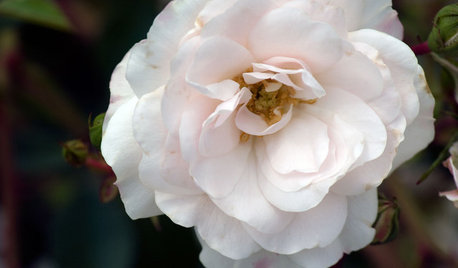
GARDENING GUIDES5 Favorite White Roses for a Purely Beautiful Garden
How does your garden glow? With roses that look like light and smell divine
Full Story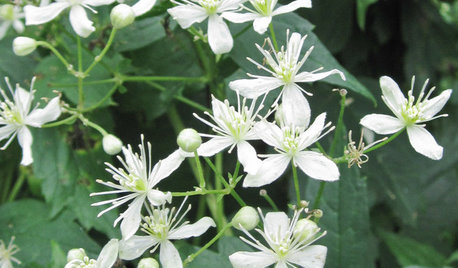
GARDENING GUIDESGreat Design Plant: Clematis Virginiana
Devil’s darning needles, a vigorous vine native to eastern North America, likes partial shade and many types of soils
Full Story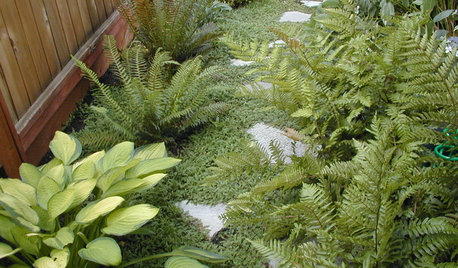
LANDSCAPE DESIGN6 Great Ways With Garden Ground Covers
Use them as problem solvers, weed killers, color and texture providers ... ground cover plants have both practical and visual appeal
Full Story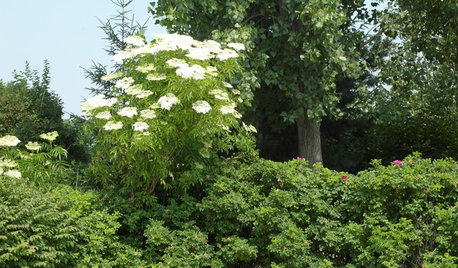
GARDENING GUIDESGreat Design Plant: Sambucus Nigra
Common elderberry is a highly adaptable shrub from the eastern U.S., with berries galore for wildlife and humans alike
Full Story
GARDENING AND LANDSCAPINGGrow a Lush Privacy Screen
No need to wait forever for patio privacy the green way. These 10 ideas will get your screening up and running in no time
Full Story
GARDENING GUIDESGarden Myths to Debunk as You Dig This Fall and Rest Over Winter
Termites hate wood mulch, don’t amend soil for trees, avoid gravel in planters — and more nuggets of garden wisdom
Full Story
GARDENING GUIDES10 Tips for Beginning Gardeners
With a simple sketch, basic tools and the right plants, you’ll be on your way to growing your first flowers or edibles
Full Story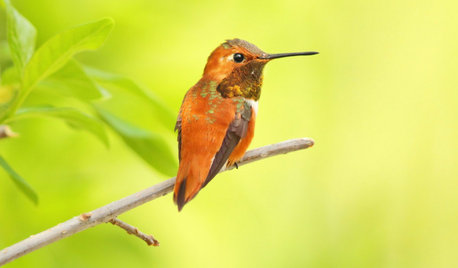
GARDENING GUIDESBackyard Birds: Invite Entertaining Hummingbirds Into Your Garden
Hummingbirds — unique to the Americas — zip through open landscapes seasonally or year-round. Here’s how to attract them
Full Story
FARM YOUR YARDHello, Honey: Beekeeping Anywhere for Fun, Food and Good Deeds
We need pollinators, and they increasingly need us too. Here, why and how to be a bee friend
Full Story
LANDSCAPE DESIGNCalifornia Says Goodbye to the Sprawling Ornamental Lawn
New state rules will effectively limit turfgrass to 25 percent of the landscape in most new and renovated yards
Full Story





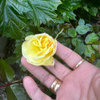

sandandsun
buford
Related Professionals
Danbury Landscape Architects & Landscape Designers · Maple Valley Landscape Architects & Landscape Designers · Ballenger Creek Landscape Architects & Landscape Designers · Clark Landscape Architects & Landscape Designers · Richmond Heights Landscape Architects & Landscape Designers · Salisbury Landscape Architects & Landscape Designers · Southfield Landscape Architects & Landscape Designers · Allentown Landscape Contractors · Framingham Landscape Contractors · Golden Gate Landscape Contractors · Mequon Landscape Contractors · Pompano Beach Landscape Contractors · Ridgewood Landscape Contractors · West Coon Rapids Landscape Contractors · Whittier Landscape Contractorstcgardener Zone 10a SE Florida
amberrosesOriginal Author
floridarosez9 Morgan
michaelg
amberrosesOriginal Author
tcgardener Zone 10a SE Florida
amberrosesOriginal Author
michaelg
tcgardener Zone 10a SE Florida
thonotorose
amberrosesOriginal Author
michaelg
floridarosez9 Morgan
amberrosesOriginal Author
thonotorose
floridarosez9 Morgan
boncrow66
floridarosez9 Morgan
AquaEyes 7a NJ
michaelg
saldut
boncrow66
michaelg
thonotorose
boncrow66